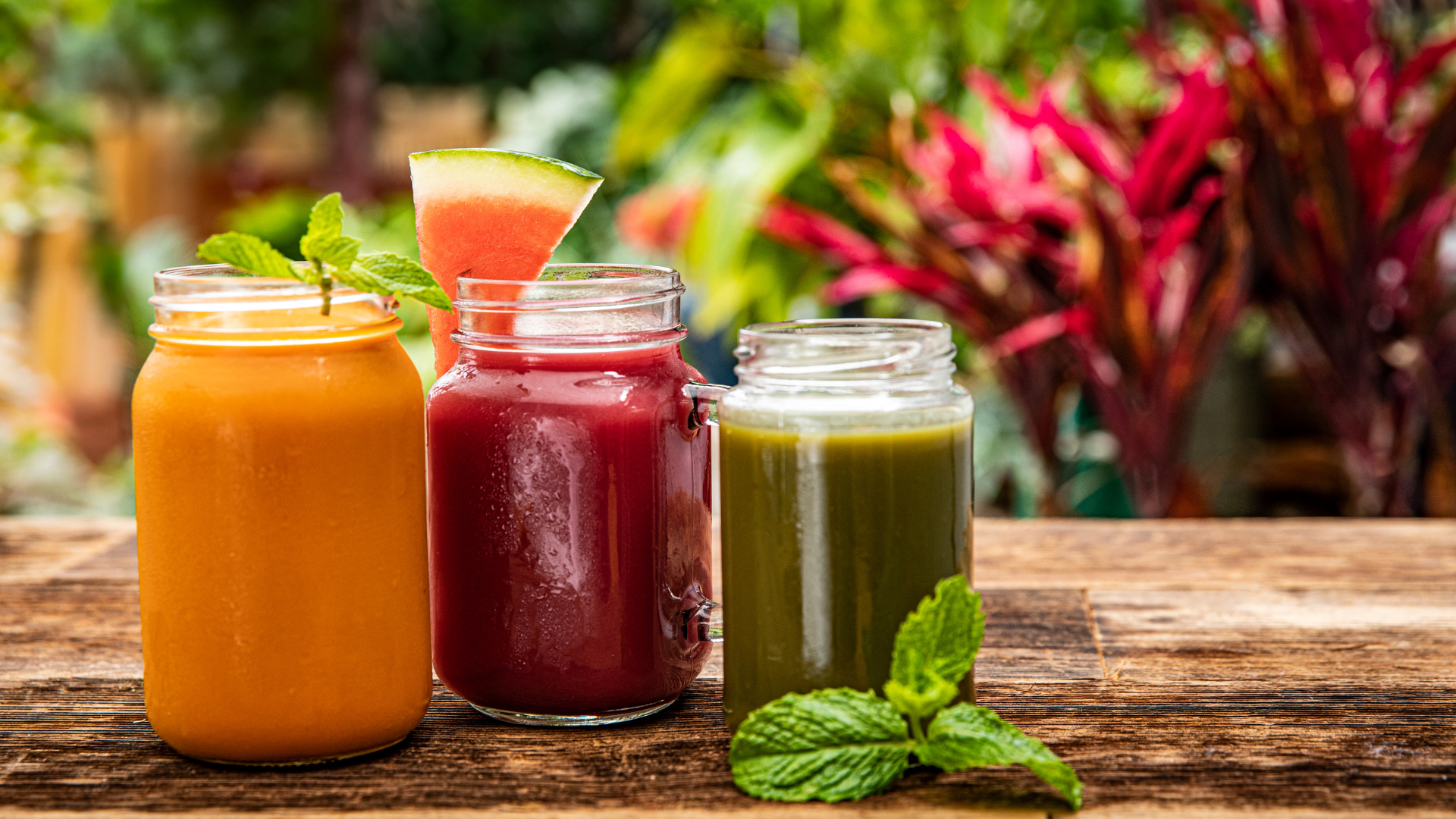
Juice cleanses, also known as juice fasts or detox juices, are popular among individuals seeking to detoxify their bodies, lose weight, or kick-start a healthier lifestyle. These programs typically involve consuming only fruit and vegetable juices for a set period, usually ranging from a few days to several weeks. While juice cleanses are often marketed as a way to reset the body and improve health, they have several potential drawbacks and risks that are important to consider. Here’s an in-depth look at the darker side of juice cleanses:
Table of Contents
1. Nutritional Imbalance
- Lack of Essential Nutrients: Juice cleanses often lack essential nutrients that are crucial for overall health. While juices provide vitamins and minerals, they typically lack protein, healthy fats, and certain vitamins and minerals such as vitamin B12, iron, and calcium. This imbalance can lead to deficiencies if followed for extended periods.
- Low Protein Intake: Juice cleanses generally do not provide adequate protein, which is vital for muscle maintenance, immune function, and overall body repair. Without sufficient protein, individuals may experience muscle loss and fatigue.
- Inadequate Fiber: Juices often remove the fiber found in whole fruits and vegetables. Fiber is important for digestive health, blood sugar control, and satiety. The lack of fiber can lead to digestive issues, such as constipation.
2. Metabolic Effects
- Blood Sugar Spikes: Fruit juices, particularly those high in sugar, can cause rapid spikes in blood sugar levels. This can be problematic for individuals with insulin resistance or diabetes and can lead to energy crashes and cravings.
- Metabolic Slowdown: Prolonged juice cleanses can lead to a decrease in metabolic rate. The body may slow down metabolism in response to reduced caloric intake, which can make it harder to maintain weight loss and may lead to weight regain once normal eating resumes.
3. Potential for Nutritional Deficiencies
- Vitamin and Mineral Deficiencies: Extended juice cleanses can lead to deficiencies in essential vitamins and minerals. For example, a lack of vitamin B12 and iron can result in anemia, while insufficient calcium can affect bone health.
- Electrolyte Imbalance: Juice cleanses may disrupt the balance of electrolytes in the body, particularly if the cleanse is not well-formulated. Electrolyte imbalances can lead to symptoms such as dizziness, headaches, and muscle cramps.
4. Short-Term Side Effects
- Fatigue and Weakness: The low caloric intake associated with juice cleanses can lead to fatigue, weakness, and reduced physical performance. The body may not have enough energy to support normal daily activities.
- Digestive Issues: Some individuals may experience gastrointestinal issues such as bloating, diarrhea, or constipation as a result of consuming only juices and lacking fiber.
- Headaches and Mood Changes: The abrupt change in diet and potential withdrawal from caffeine or other substances can lead to headaches, irritability, and mood swings.
5. Potential for Disordered Eating
- Unhealthy Relationship with Food: Juice cleanses can contribute to an unhealthy relationship with food, especially if used as a means of extreme calorie restriction or quick weight loss. This can increase the risk of developing disordered eating patterns or an unhealthy preoccupation with food and body image.
- Trigger for Binge Eating: Restrictive diets like juice cleanses can sometimes lead to binge eating once the cleanse is over. The deprivation can result in intense cravings and overeating when normal eating resumes.
6. Lack of Scientific Evidence
- Detoxification Myths: The concept of “detoxifying” the body through juice cleanses is not supported by scientific evidence. The human body has its own natural detoxification systems, including the liver, kidneys, and digestive tract, which are effective at removing toxins without the need for special diets or cleanses.
- Limited Long-Term Benefits: There is limited research supporting the long-term benefits of juice cleanses. While they may lead to short-term weight loss or improved digestion, these effects are often temporary and do not necessarily translate to long-term health improvements.
7. Financial Cost
- Expense of Juice Cleanses: Juice cleanses can be expensive, particularly if purchasing pre-made juices or participating in a commercial juice cleanse program. The cost of high-quality, organic fruits and vegetables, and the equipment required to make fresh juices, can add up.
8. Potential for Harm in Certain Populations
- Individuals with Health Conditions: People with certain health conditions, such as diabetes, kidney disease, or eating disorders, should avoid juice cleanses or consult with a healthcare provider before starting one. Juice cleanses may exacerbate these conditions or interact negatively with medications.
While juice cleanses are often marketed as a quick fix for detoxification, weight loss, or health improvement, they come with several potential risks and drawbacks. These include nutritional imbalances, metabolic effects, short-term side effects, and the potential for disordered eating. It is important to approach such cleanses with caution and to consider a more balanced, sustainable approach to nutrition and health. For most individuals, focusing on a well-rounded diet that includes a variety of whole foods, regular physical activity, and adequate hydration is a more effective and healthful strategy for achieving long-term wellness.


